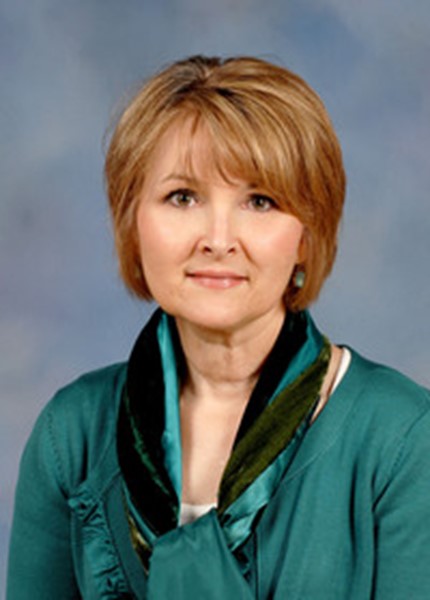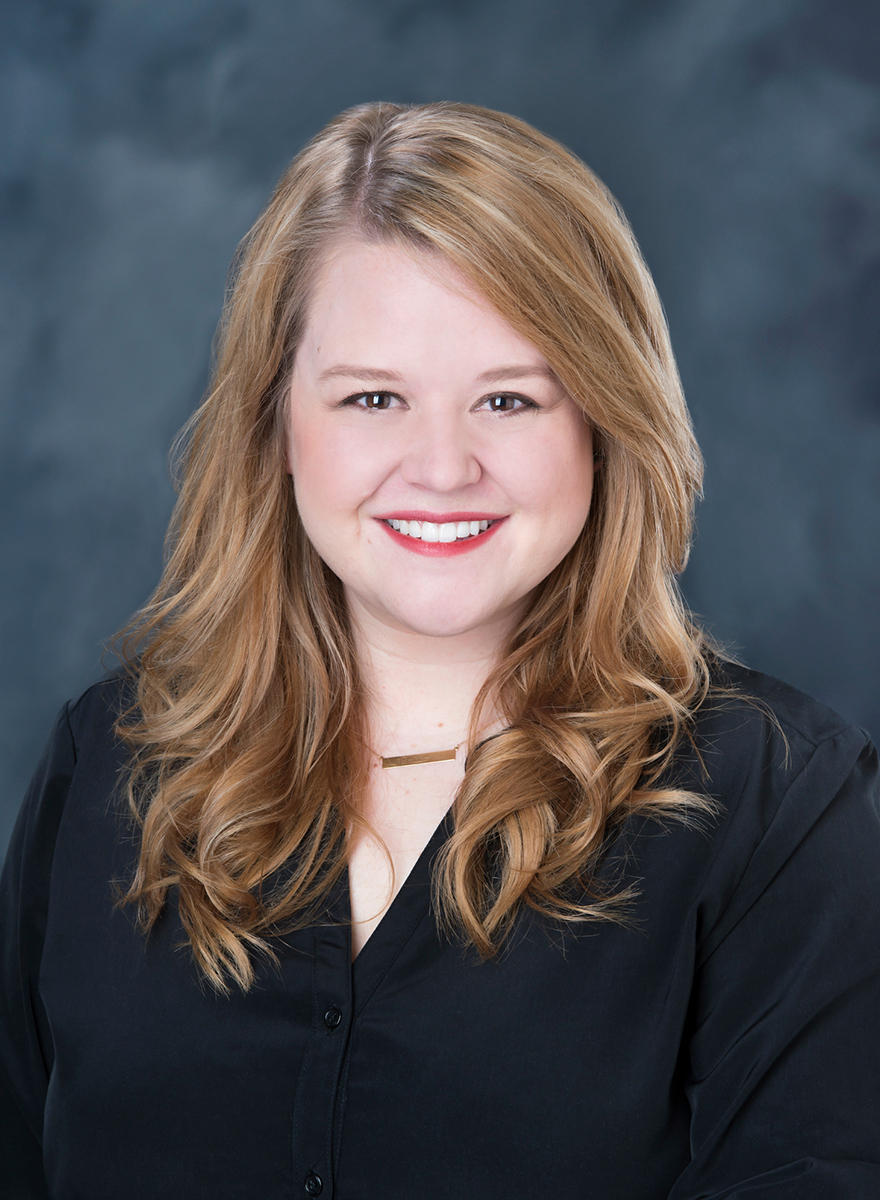One hour lecture. Introduction to the field of Human Sciences through a study of its history and the variety of professional careers available
Three hours lecture. Nutrition requirements during pregnancy and lactation, and of infants and young children; birth defects from metabolic errors; related health of young children. (Same as FNH 2283)
Two hours lecture. Two hours laboratory. Biological and environmental influences; behavioral and developmental patterns, from the onset of pregnancy to toddlerhood
HDFS 3123 Global Child Advocacy Issues: 3 hours.
Three hours lecture. Exploration of global child advocacy issues and the multidisciplinary cultural approaches used to address them
HDFS 3303 Consumer Economics: 3 hours.
Three hours lecture. Economic principles as they apply to consumer situations, and the consumer's relation to the American and world economy
HDFS 3803 Creativity & Play in Young Children: 3 hours.
(Prerequisite: HDFS 2813). Two hours lecture. Two hours laboratory. Selection of appropriate equipment, materials, and activities; program planning for birth to age 5; observation and participation at the Child Development and Family Studies Center
HDFS 3813 Lifespan Theory: 3 hours.
(Prerequisites: HDFS 2813 or HDFS 1813). Three hours lecture. An intensified exploration of human development theory, research and methodology used in the study of individuals across the lifespan
HDFS 3823 Methods & Materials for Early Care and Education Programs: 3 hours.
(Prerequisites: HDFS 2813, HDFS 3803 and junior standing.) Two hours lecture. Two hours laboratory. Designing curriculum and programming for children birth to 5 years of age with emphasis on children’s developmental characteristics as related to appropriate learning experiences
HDFS 3843 Guiding Young Children’s Behavior & Social Development: 3 hours.
(Prerequisites: HDFS 2803 and HDFS 2813). Three hours lecture. Examine and design appropriate guidance techniques based on developmental growth patterns and individual differences in young children from birth to 5 years old
HDFS 3853 Language and Literacy in the Early Years: 3 hours.
Three hours lecture. Children’s development of language and literacy through the early years, including roles of parents, community, childcare providers, and teachers
HDFS 4333 Families, Legislation and Public Policy: 3 hours.
(Prerequisite: Junior/senior writing or consent of instructor). Three hours lecture. An examination of the impact of legislation and public policy on the well-being of the family with emphasis on policy and family change
HDFS 4424 Teaching Methods in Agricultural and Human Sciences: 4 hours.
(Prerequisite: College of Ag and Life Science major and junior standing). Three hours lecture. Two hours laboratory. Planning instruction; selection teaching techniques; developing teaching plans; teaching agricultural/human science topics; using instructional technologies; and evaluating learner progress (Same as HS 4424/6424)
HDFS 4701 Internship Placement: 1 hour.
(Prerequisite: Junior standing and consent of instructor) One hour lecture. Preparation for an internship in a chosen specialization
HS 4702 Research and Application in Human Sciences: 2 hours.
(Prerequisite: Senior standing in FDM or HDFS) Two hours lecture. Focus on conducting original research to integrate fundamental Human Sciences principles. Emphasis on professional development and effectiveness in Human Sciences professions. (Same as FDM 4702 and HDFS 4702)
HDFS 4803 Parenting: 3 hours.
(Prerequisite: HDFS 1813 and junior/senior writing, or consent of instructor). Three hours lecture. Study of the child as a part of the family in a dynamic human ecological system
HDFS 4823 Development and Administration of Child Service Programs: 3 hours.
(Prerequisite: HDFS 3813 or concurrent enrollment). Three hours lecture. Planning, administering, and evaluating the organizational structure of a variety of child service programs
HDFS 4853 The Family: A Human Ecological Perspective: 3 hours.
Three hours lecture. The impact of internal and external factors on the development of individual and family relationships throughout the life cycle
HDFS 4823 Development and Administration of Child Service Programs: 3 hours.
(Prerequisite: HDFS 3813 or concurrent enrollment). Three hours lecture. Planning, administering, and evaluating the organizational structure of a variety of child service programs
HDFS 4883 Risk, Resilience and Preventive Interventions: 3 hours.
(Prerequisite: HDFS 1813 and junior/senior writing; or consent of instructor). Three hours lecture. Theory and research relevant to understanding risk and resilience in human development and family studies application of risk/resilience framework to individual and family preventive interventions
EDX 3213 Individualizing Instruction for Exceptional Children: 3 hours.
Three hours lecture. Introduction to differentiating and individualizing instruction for students with mild/moderate disabilities
CO 1003 Fundamentals of Public Speaking: 3 hours.
Three hours lecture. The psychological processes and adjustments necessary in preparing, organizing, wording, and delivering effective speeches. Honors section available. Students may not receive credit for both CO 1003 and CO 1013
CO 1013 Introduction to Communication: 3 hours.
Three hours lecture. To sharpen the student's awareness and to facilitate growth in the human interaction process across a variety of communication situations. Students may not receive credit for both CO 1003 and CO 1013
COE 4013 Facilitative Skills Development: 3 hours.
Three hours lecture. Introduction to the theory and practice of helping with emphasis on the development of basic communication skills. Applicable to a variety of settings









